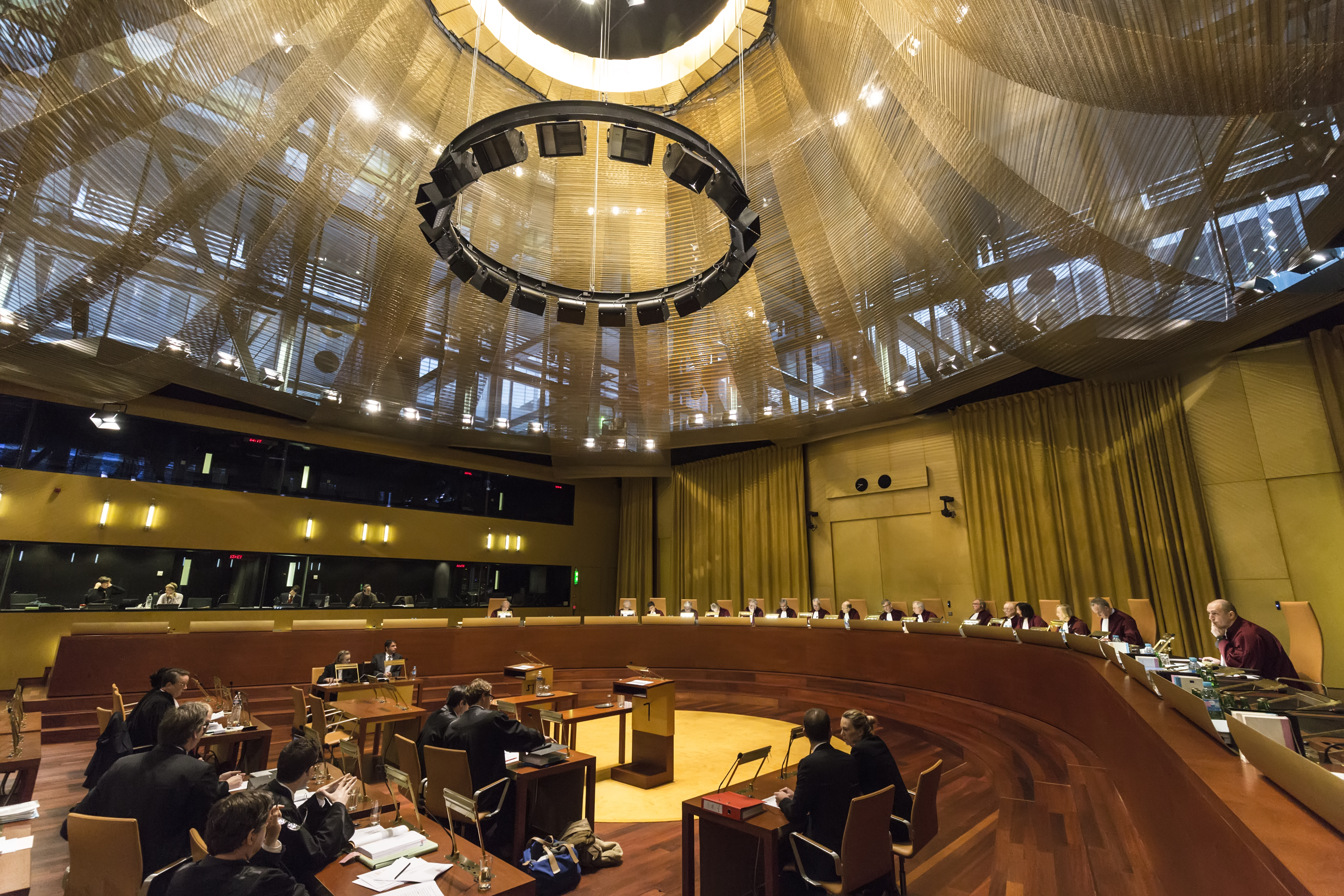News
CJUE: Opinion of First Advocate General SZPUNAR in the case of Lassana DIARRA/FIFPRO/UNFP v FIFA and URBSFA - Case C-650/22

In our capacity as counsel for Lassana DIARRA, we would like to remind you of the content and the issues at stake in this case:
- The "Lassana DIARRA" case raises the question of the EU legality, with regard to the free movement of workers and free competition, of various FIFA rules relating to the system of transfers.
- These rules are contained in the "FIFA Regulations on the Status and Transfer of Players".
- These include, in particular, the rule which, in the event of a player's employment contract being terminated, requires the player to pay his former employer compensation equivalent to the unamortised part of his transfer fee (an amount which has been agreed between two clubs, without the player having the slightest say), or even the amount paid by his former employer to transfer his "replacement" and the latter's wages, as well as the rule that automatically makes any future employer of the player jointly and severally liable for this compensation (which scares off any prospective employers).
- There is also the rule that allows the home federation not to issue an 'international transfer certificate' as long as there is an ongoing dispute between the player and his former employer, which - in practice - prevents the player from playing for another club for months or years.
- All this is accompanied by disciplinary sanctions against the player and his future employer.
- The real purpose of all these rules is to dissuade all players from breaking their contracts and all clubs from signing them, which allows players to be traded as "financial assets" between clubs ("transfer market").
- In a way, the "Lassana DIARRA" affair is the "BOSMAN 2.0" affair.
- As a reminder, in its 3 'sport' judgments of 21 December last year, the CJEU clearly ruled that bodies such as FIFA do not benefit from any preferential treatment and must comply with EU law like any other commercial undertaking.
In his Opinion, the First Advocate General proposes in particular that the CJEU should hold that all the FIFA rules at issue, which in his view effectively prevented Mr DIARRA from finding a new employer, infringe the free movement of workers and constitute a restriction of competition BY OBJECT, which MANIFESTLY cannot benefit from the exemption provided for in Article 101.3 TFEU. The First Advocate General stresses that the FIFA regulations cannot benefit from the "ALBANY exception", which provides that collective agreements between workers' unions and players' unions are exempt from the application of competition law.
In our capacity as counsel for Lassana DIARRA, we state:
"We welcome the conclusions of First Advocate General SZPUNAR and we hope that the forthcoming judgment of the CJEU will be along the lines proposed by the First Advocate General. If this is the case, this judgment will complement the ESL and Royal Antwerp FC judgments of 21 December last, and will then constitute a new and essential milestone in the modernisation of football governance within the EU (and perhaps beyond), by finally allowing the social partners, the players' unions and the clubs' unions, to regulate their employment relations. This will put an end to the degrading practice of commoditising players".